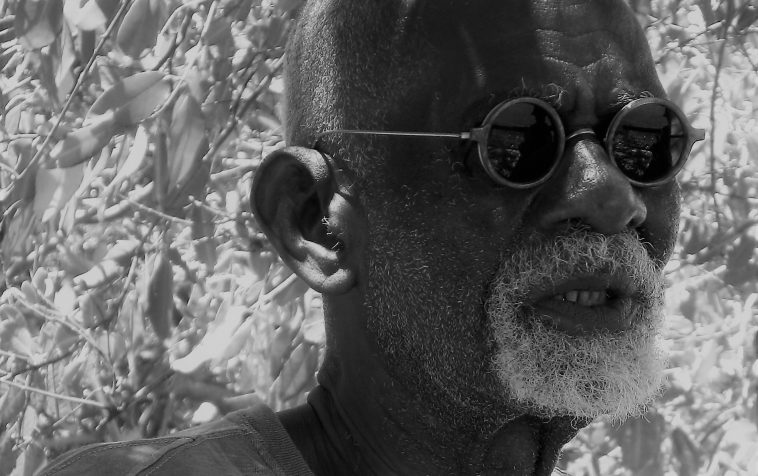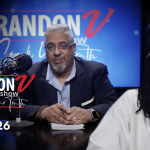“This is Sebi’s world. The person that you all know in America as Dr. Sebi, well, he grew up under mango trees. He was eating boiled banana with coconut oil on it sometimes. But he was never poor.”—Dr. Sebi in Dr. Sebi Speaks of Dembali
In the nonfiction book, Dr. Sebi Speaks of Dembali, chapters are arranged by topic and give a bird’s eye view of Alfredo Bowman, the herbalist and natural healer affectionately known as Dr. Sebi.
While together they represent a work of nonfiction, they read like short stories. Chapters begin with a narrative that previews the mood, people, location and climate of each group of conversations. Chapter One, “Black Women Encourage His Healing Journey,” refers to black women who attended Alfredo’s house parties in the 1970s and opened his eyes to the world of herbs and natural living. They focused on imparting a social and cultural consciousness in their communities. These are the same women, actress Abby Lincoln included, who bestowed Alfredo with the name “Sebi, ever wandering traveler,” in a naming ceremony. Dr. Sebi Speaks of Dembali shadows this entire passage, but first, a recap of Dr. Sebi’s life.
The 1929 stock market crash in the United States ushered in the Great Depression. It affected the entire Western world’s economy until the late 1930s. Even Latin American countries suffered, including Honduras, where the crisis hit hard. Banana exports, the lifeblood of the country’s economy, pretty much dwindled to a halt. Dr. Sebi, given the birth name Alfredo Bowman, was born in Honduras during that scant period.
His grandmother, Mama Hay, his guardian from the time he was eight years old until eighteen, lived long enough to see her grandson become a merchant seaman and travel around the world on cargo ships, but passed away before he became an accomplished natural healer. “I was blessed to have Mama Hay,who demanded nothing but integrity of me at all times,” he says on page xxiv.
Alfredo settled down in a US city his cargo ship sailed to often—New Orleans. He lost his virginity there with an obliging Barbara Diggs. He would have married her, but his twenty-one-plus days at sea put a damper on that. Barbara favored a landlocked relationship, one she eventually found with another man. Alfredo understood and moved on too.
Influenced by his grandmother’s teachings of self-reliance and her stories about Marcus Garvey, leader of the Back to Africa movement, Alfredo joined the Nation of Islam in New Orleans in the 1950s. He helped its members’ businesses serve Negro communities when Jim Crow laws were the order of the day. Shortly afterward, he traveled to Chicago to meet its leader, Elijah Muhammad and chief spokesperson Malcolm X.
Around the same time, he married and started his first family. His wife, Melba, bore three sons—Alfredo Bowman Jr., Clifford, and Abdul—and one daughter, Jamala, but in 1964, Alfredo experienced two critical events: Clifford’s death from a respiratory illness and the rift between Elijah Muhammad and Malcolm X, an irreversible falling out that caused division within and exodus from the Nation of Islam.
Alfredo held onto his rock-solid support of Malcolm and joined the exit. He moved his family to Los Angeles, where, in 1970, he received employment at Martin Luther King Jr./Drew Medical Center and worked there for 10 years as a thermal engineer.
To be continued…..









